Who We Are (Agan Keyndir)
Who we are
Who we are
Garry Tregidga
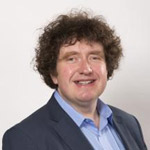
Garry Tregidga has been a pivotal member of the Institute of Cornish Studies (ICS) since 1997. He is currently a co-Director of the Institute and is developing its Culture, Society and Heritage research strand. Research interests include oral history, ethnomusicology, and the political history of Cornwall since the 1880s in a wider Celtic and British context. Garry is also project leader of Eglosyow Morek Kernow/Cornwall’s Maritime Churches, which is supported by the National Lottery Heritage Fund and seeks to explore the religious culture of maritime communities through time. This is envisaged as a key project in extending the work of the Institute in relation to digital humanities and democratic scholarship. Garry coordinates our Culture, Heritage, and Society theme.
Joanie Willett
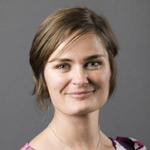
Joanie Willett first became involved with the ICS as an undergraduate student in 2004 with the Cornish Audio Visual Archive. She is now a Senior Lecturer in Politics on our Penryn Campus, and joins Garry as a Co-director of the ICS. Over the course of her research, Cornwall has provided a rich and deep case study which invites many questions around identity, governance and economic development. Joanie’s primary research specialises in using political philosophy to explore the relationship between identity and the (sustainable) economy. This has led her to consider the importance of sharing knowledge and information within the Duchy, and the role of local government, parish councils, and political decentralisation in order to deliver this.
Jane Wills
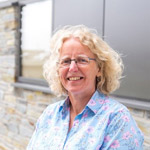
Jane Wills is Professor of Geography and Director of the Environment and Sustainability Institute (ESI) at the University of Exeter Penryn Campus. She has worked on the changing nature of employment, the campaign for a living wage and its origins in community organising. More recently, she has focused on localism and civic engagement, publishing Locating Localism (Policy Press) in 2016. Her latest UK Research and Innovation (UKRI) project involves organising co-production workshops in Newquay, Launceston, and Helston, to engage residents in improving the public open spaces where they live in order to improve biodiversity and community well-being. Look out for Jane’s new edited book The Power of Pragmatism (Manchester University Press) about the politics of research and knowledge production, published in Spring 2020. Jane is our Politics and Government representative.
Michiel Vos
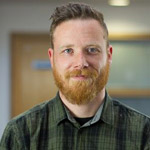
Michiel Vos is a Senior Lecturer in Microbiology at the European Centre for Environment and Human Health (Medical School) based at our Environment and Sustainability Institute in Penryn. He is an evolutionary microbiologist working at the interface between population genomics, evolutionary ecology and microbiology, using both lab experiments and field sampling. His main research foci are genome evolution and horizontal gene transfer (‘bacterial sex’), sociomicrobiology and the ecology and evolution of pathogens in the environment. He is also our Institute of Cornish Studies representative for the Environment and Health.
Steffen Boehm
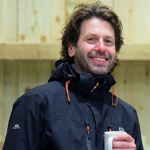
Steffen Boehm is Professor of Organisation and Sustainability based at the University of Exeter Business School in Cornwall. His research focuses on the relationship between political economy and ecology. In recent years, he’s explored the potential of circular economy approaches to reconfigure the workings of local and regional economies. He’s co-leading the Tevi project, supporting Cornish SMEs to move towards more circular business models. An increasing focus of his research has been on the agri-food sector, given that food and land-based economies are arguably the cornerstone of future local economies that are sustainable, resilient and working for people and planet. Steffen coordinates our Economy and Business theme.
Professor Malcolm Williams
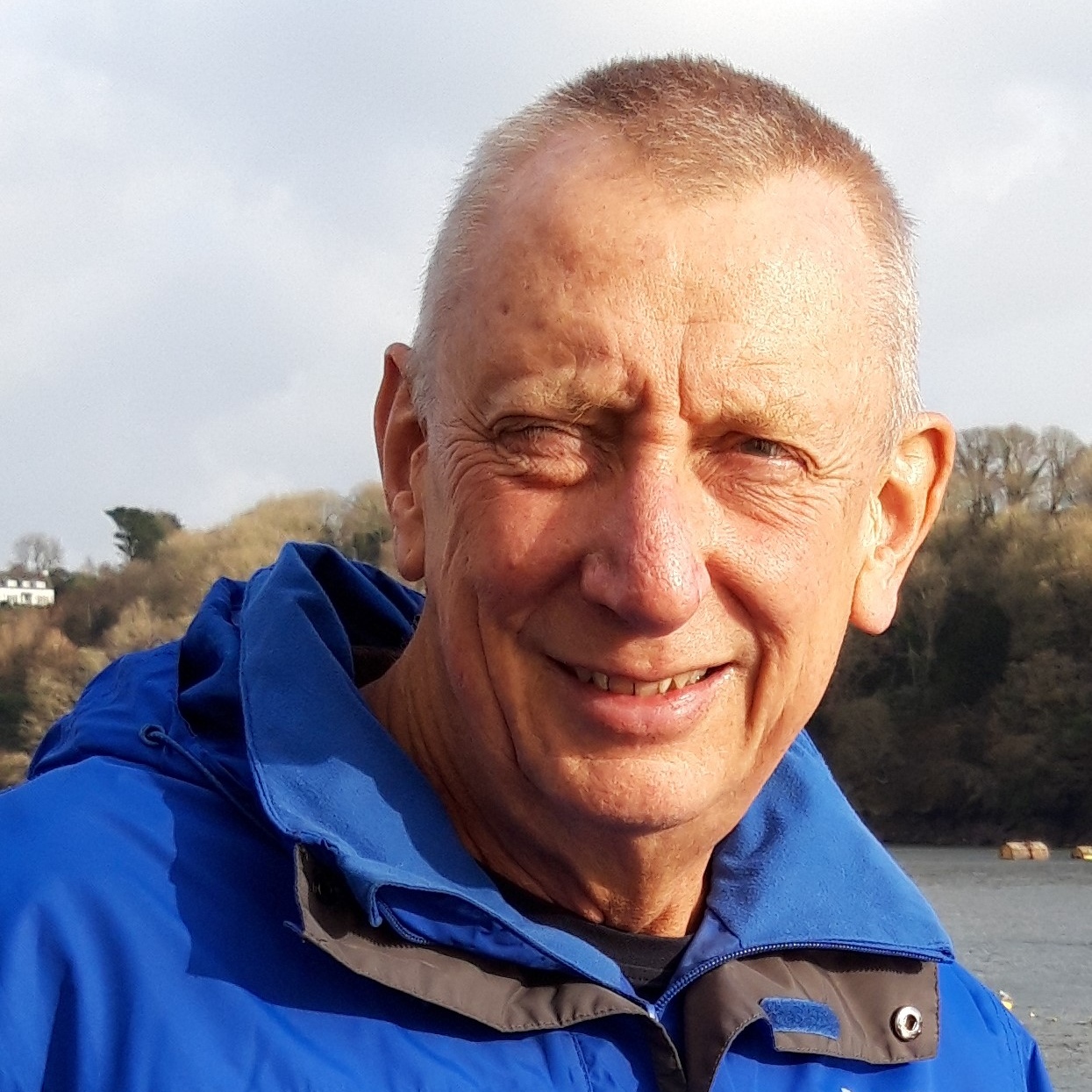
Malcolm Williams is originally from St.Just, where before going to university as a mature student, he was a local councillor and trade union official. He has lived for 30 years, just about as far away as you can get from St.Just, but still be in Cornwall – in Saltash! For many years he worked at the University of Plymouth and led a research group which conducted many socio-economic research projects in Cornwall. These projects included research on housing need, migration and economy and employment, as well as the evaluation of several public and third sector projects. Much of the research was collaborative with local councils and charities.
Since 2010 Malcolm has been a Professor and was formerly the Director of the School of Social sciences, at Cardiff University. As well as research on Cornwall, he conducts research in the methodology of the social sciences and the teaching and learning of quantitative research methods. He has published over 100 papers and 11 books.
Malcolm is very excited about his new role in the Institute of Cornish Studies. ‘I see this as a return to my research roots. I believe passionately in the social and economic potential of Cornwall, but at the moment our knowledge of the problems, barriers to progress and possibilities, is rather limited. I look forward to conducting research myself, but also to work with others in the public, private and third sectors to expand our knowledge of the socio-economic landscape of Cornwall.’
Postgraduate students
Matt Blewett
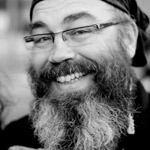
Matt Blewett’s background in archaeology led him to research attitudes about archaeology and its presentation in Cornwall. He is now researching the links between heritage, identity and democracy as part of the Institute of Cornish Studies’ “Agan Kernow” project. Through oral history he explores how people constitute their identity, asking them if heritage really does form identity, as is commonly supposed. From there he asks how their identity informs their political behaviour and their attitude towards “democracy”. Related research includes the Cornish minority, the authorised heritage discourse, public engagement, and localism.
Michael Bunney
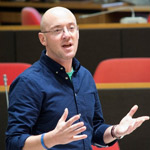
Michael Bunney is investigating the impact of war on Cornish communities. He is researching South Cornwall in the period 1900 to 1951, with a focus on the World Wars. He is concentrating especially on the coastal communities between Fowey & Falmouth and particularly his home parishes of Gorran and Mevagissey. Michael has taught History and Politics in secondary schools for the last 21 years and he moved to the Institute in September 2019. He also teaches Politics and International Relations at the University and is very involved with Cornish heritage activities. Michael teaches Cornish history in his local community and is Chairman of Gorran Old Cornwall Society and Gorran Parish History Society.
Kensa Broadhurst
Kensa Broadhurst is a PhD student in the Institute of Cornish Studies, funded by the Cornwall Heritage Trust. She researches the Status of the Cornish Language between 1777-1904. That is, the death of Dolly Pentreath, the so-called last speaker of Cornish, and the publication of Henry Jenner’s Handbook of the Cornish Language which began the language revival. Kensa is also considering what exactly we mean by, and how we define language extinction, and hopes to contribute to developing a function and status for the Cornish language within higher education. Outside of her PhD research, Kensa blogs and tweets in Cornish, and reads the news in Cornish on Sunday afternoons for BBC Radio Cornwall.
Andrew Climo
.jpeg)
Andrew Climo is an independent process re-engineering consultant working in Higher Education. He is studying for a PhD in Cornish Onomastics, using data analytics to develop the study of Brittonic personal and place names, how they are composed, what they mean, and how this relates to their topographic setting. He was previously Chair of Agan Tavas, the Society for the Promotion of the Cornish Language, and the founding editor of the bi-lingual magazine, An Gowsva. He has also published a Cornish language course book, and three major reports relating to Cornish devolution.
Matt Valler
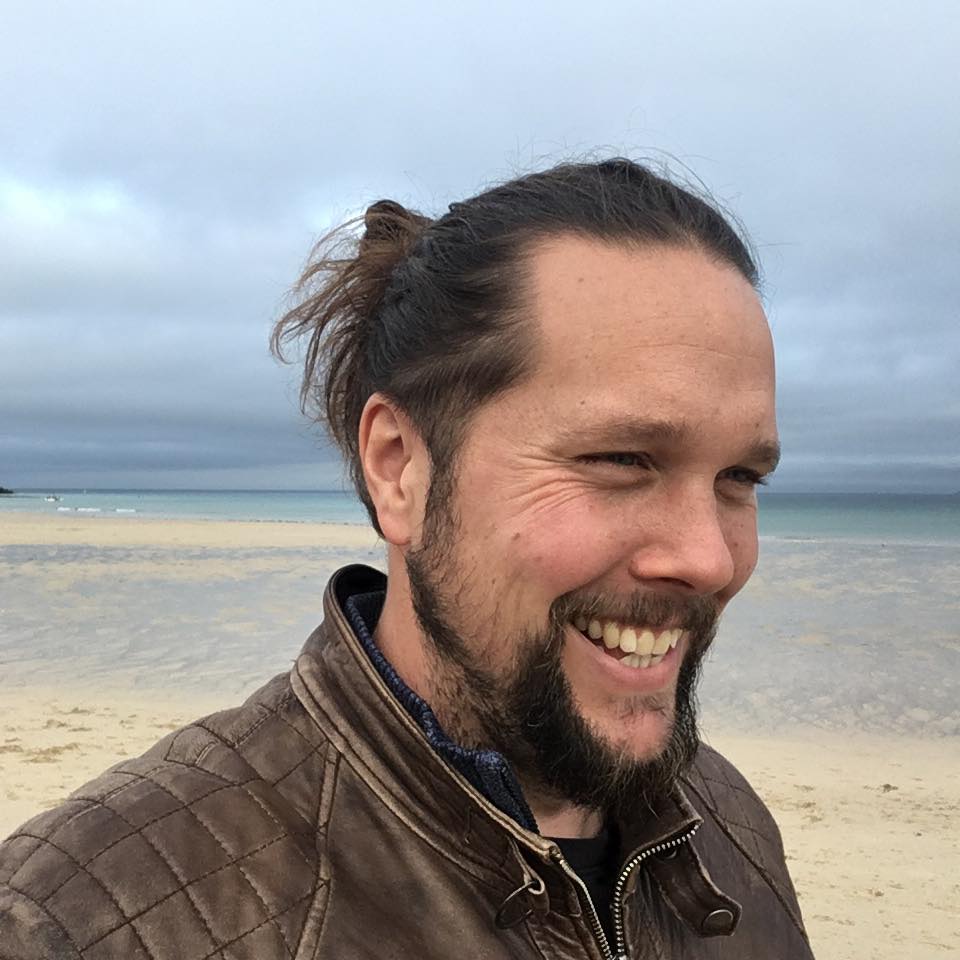
Matt Valler is a PhD student with the Centre for Translation & Interpreting at Queen's University Belfast. His research focuses on the physical processes by which meaning is made and the material construction of narrative time, specifically how this shapes notions of 'place'. His project is titled Taking the Measure of High Cross: translating the many worlds of Truro in the time of the Anthropocene, and brings together the Philosophy of Translation with Cornish Studies. Matt lives in Truro and has worked all over the world on projects exploring the intersection of culture, identity, and geography. His Labyrinth project, uncovering disorienting stories in urban spaces, has engaged groups in London, Melbourne, New York, Washington D.C., and Barcelona.
Christie van Tinteren
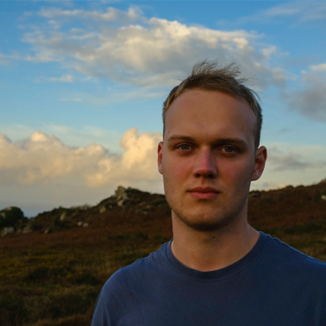
Christie van Tinteren is an ESRC-funded PhD student working within the Department of Social Anthropology at the University of Cambridge. He researches socioeconomic inequalities, industrial change, and the welfare state in rural Britain, as well as experiences of (and ideas about) time, history, and community. He is originally from Truro and is currently conducting a 15-month fieldwork project in Newlyn.
Before his PhD, Christie studied social anthropology at the LSE and social policy at the University of Oxford. He is interested in combining research methods and approaches, widening academic participation, and making the products of research more accessible. His research interests include: social policy; housing; heritage; nostalgia; bureaucracy; industrial change; coastal communities; inequality; rural British history; critical realism; social ontology; and class.
Honorary Research Fellows
Bernard Deacon
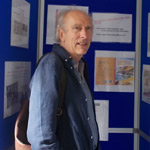
Bernard Deacon was formerly Senior Lecturer at the University of Exeter’s Institute of Cornish Studies. Now retired, he is exploring the topics of comparative Celtic history, Cornwall’s labour history and migration in and from Cornwall in the nineteenth century. He has written extensively on Cornish topics, including The Surnames of Cornwall (2019), Industrial Celts: Making the modern Cornish identity 1750-1870 (2018), From a Cornish Study: essays on Cornish Studies and Cornwall (2017); Cornwall’s First Golden Age; From Arthur to the Normans (2016) and Cornwall: A Concise History (2007) among others. He has also published in a range of journals and series, including Cornish Studies, European Urban and Regional Studies, Family & Community History, Global Networks, The International Journal of Regional and Local Studies, Local Population Studies and Rural History.
Lucy Ellis
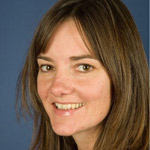
Lucy Ellis is currently a consultant in higher education, a research associate and editorial assistant. Her work in the field of critical tourism studies focusses on the supply of housing to host communities affected by tourism in coastal Cornwall and the host-guest relationship using the ‘ethnographic research cycle’ methodology. The research views tourism in Cornwall as dependent development. With Professor David Baker she is currently co-Editor of Future Directions in Digital Information: Predictions, Practice and Participation for the Elsevier Digital Information Review Series. In addition to writing for publication, Dr Ellis conducts other scholarly activity such as reviewing for scholarly journal titles including Information and Learning Sciences (Emerald) and Journal of British Institute of Organ Studies.
Lesley Trotter
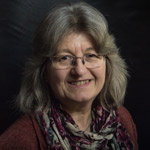
Lesley Trotter was awarded a PhD in Cornish Studies at the University of Exeter in 2015 for her thesis on the experiences of wives ‘left behind’ by emigrating Cornish miners in the 19th century, now a successful book, The Married Widows of Cornwall. She has a special interest combining genealogical and academic research techniques to explore and increase public understanding of the social history of Cornwall and the Cornish diaspora. Lesley is Vice-Chair of the Cornwall Association of Local Historians and works with arts groups on community history projects, as well as sharing her research via frequent public talks and online at www.humblehistory.com.
Philip Payton
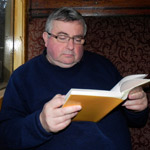
Philip Payton is Emeritus Professor of Cornish & Australian Studies at the University of Exeter and Professor of History at Flinders University in Adelaide, Australia. He holds doctorates from the universities of Adelaide and Plymouth, and is Hon. Fellow of the Australian Academy of the Humanities. He is the author/editor of more than fifty books. His most recent titles on Cornish themes are The Cornish Overseas: A History of Cornwall’s ‘Great Emigration’ (revised edition, University of Exeter Press, 2020) and Pictorial History of Australia’s Little Cornwall (revised edition, Wakefield Press, Adelaide, 2020).
Will Coleman
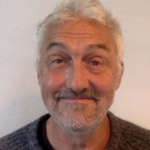
Will Coleman is Artistic Director of Golden Tree Productions. Best known as the creator of the Man Engine, awarded ‘Best Arts Project UK’ by the National Lottery 2017. His publication ‘Plen an Gwari; the Playing Places of Cornwall’ is about to go into its second edition. ‘Footprints of Cornish Gold’ is Will’s latest project, triggered by recent discoveries establishing the Cornish provenance of the gold (and tin) in the Nebra Sky Disk, as well as many other other early Bronze Age artefacts from Ireland to Israel. Were early developments in Cornish metallurgy and trading practices a critical catalyst in the cultural and technological shifts between the early to middle BA right across north-western Europe?
